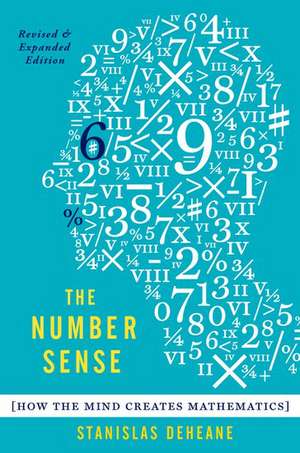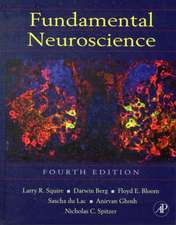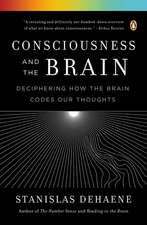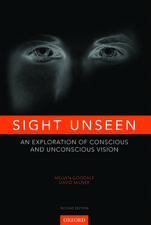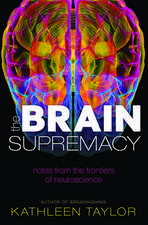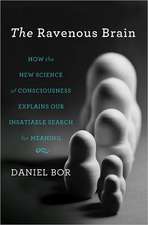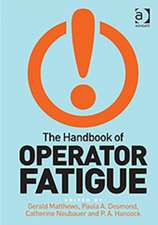The Number Sense: How the Mind Creates Mathematics, Revised and Updated Edition
Autor Stanislas Dehaeneen Limba Engleză Paperback – 9 iun 2011
| Toate formatele și edițiile | Preț | Express |
|---|---|---|
| Paperback (2) | 285.41 lei 17-23 zile | +26.50 lei 4-10 zile |
| Oxford University Press – 9 iun 2011 | 285.41 lei 17-23 zile | +26.50 lei 4-10 zile |
| Oxford University Press – 30 noi 1999 | 368.92 lei 6-8 săpt. |
Preț: 285.41 lei
Nou
Puncte Express: 428
Preț estimativ în valută:
54.62€ • 56.68$ • 45.65£
54.62€ • 56.68$ • 45.65£
Carte disponibilă
Livrare economică 21-27 februarie
Livrare express 08-14 februarie pentru 36.49 lei
Preluare comenzi: 021 569.72.76
Specificații
ISBN-13: 9780199753871
ISBN-10: 0199753873
Pagini: 352
Dimensiuni: 157 x 236 x 23 mm
Greutate: 0.52 kg
Ediția:Updated Edition
Editura: Oxford University Press
Colecția OUP USA
Locul publicării:New York, United States
ISBN-10: 0199753873
Pagini: 352
Dimensiuni: 157 x 236 x 23 mm
Greutate: 0.52 kg
Ediția:Updated Edition
Editura: Oxford University Press
Colecția OUP USA
Locul publicării:New York, United States
Recenzii
Read The Number Sense for its rich insights into matters as varying as the cuneiform depiction of numbers, why Jean Piaget's theory of stages in infant learning is wrong, and to discover the brain regions involved in the number sense.
From the origin of Roman numerals to the latest MRI results, everything you might like to know about numbers and the brain, as filtered through the lively and engaging brain of Stanislas Dehaene.
A delight.
Whether he is explaining how this neural macherinery begins its numerical magic early in infancy, how it attains the sophistication required for complex calculations, or how it misfires when the brain suffers certain types of injuries, Dehaene weaves the latest technical research into a remarkably lucid and engrossing investigation. Even readers normally indifferent to mathematics will find themselves marveling at the wonder of minds making numbers.
This interesting and informative book sets forth the latest findings by Dehaene and other psychologists trying to determine how the brain understands and manipulates numbers and other forms of mathematical information. Included are many startling results of experiments involving animals and infants that shed light on the extent and nature of our inborn number sense. These findings, if they receive the consideration they merit, should have a major impact on the way mathematics is taught at the elementary and secondary level. Highly recommended.
From the origin of Roman numerals to the latest MRI results, everything you might like to know about numbers and the brain, as filtered through the lively and engaging brain of Stanislas Dehaene.
A delight.
Whether he is explaining how this neural macherinery begins its numerical magic early in infancy, how it attains the sophistication required for complex calculations, or how it misfires when the brain suffers certain types of injuries, Dehaene weaves the latest technical research into a remarkably lucid and engrossing investigation. Even readers normally indifferent to mathematics will find themselves marveling at the wonder of minds making numbers.
This interesting and informative book sets forth the latest findings by Dehaene and other psychologists trying to determine how the brain understands and manipulates numbers and other forms of mathematical information. Included are many startling results of experiments involving animals and infants that shed light on the extent and nature of our inborn number sense. These findings, if they receive the consideration they merit, should have a major impact on the way mathematics is taught at the elementary and secondary level. Highly recommended.
Notă biografică
Stanislas Dehaene teaches at the College de France and is Director of the Cognitive Neuroimaging Research Unit at INSERM.
